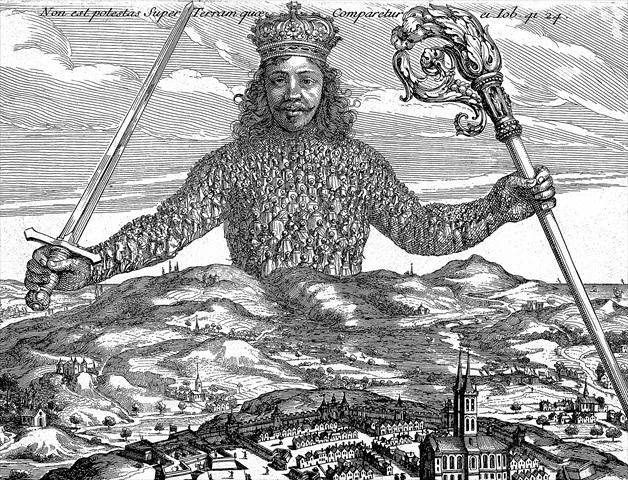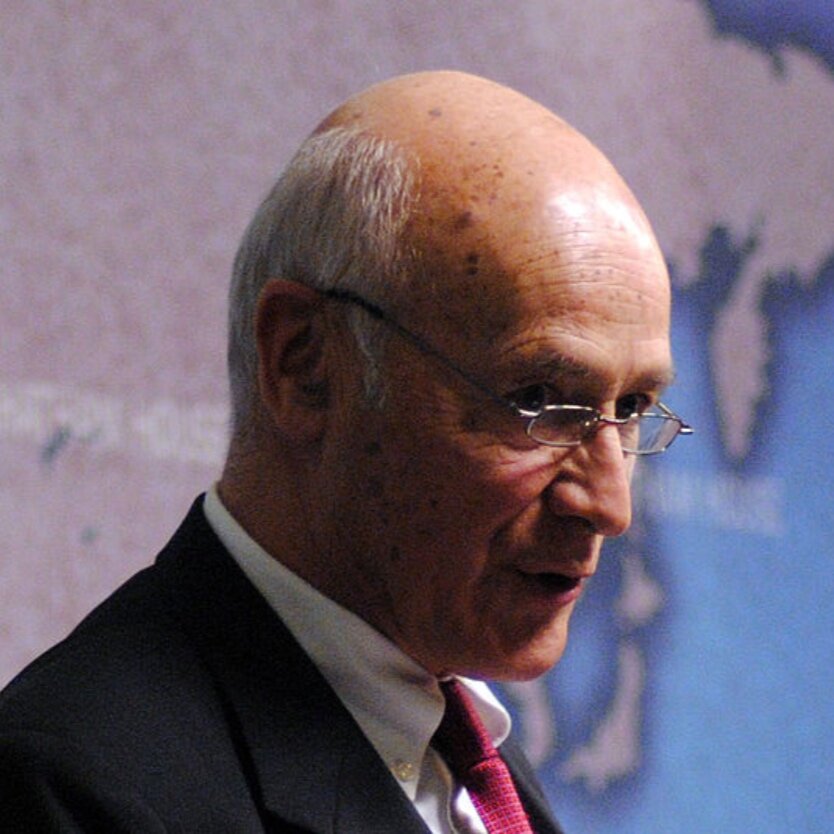Women have proven themselves as a force to be reckoned with in the 2020 presidential race, but systemic misogyny may just be the thing that holds them back from the Oval Office. In order for a woman to win the presidency, it is imperative that we stop questioning her ability to do so.
Read MoreSince World War II, Japan has maintained a Self-Defense Force in lieu of a full military. Recently, however, the Japanese armed forces have grown in size and power. Is American foreign policy to blame?
Read MoreAmerica’s drug consumption is often overlooked as a key factor in the current migrant caravan coming from Central America and the Northern Triangle region. The inhumane and extremely perilous social environment perpetrated by gangs trafficking drugs to America leave innocent people with no choice but to flee.
Read MoreWhy Brexit could be an early warning sign for the end of the European Union.
Read MoreA fetish is not just a depiction of an unusual sexual desire in entertainment, as its portrayal reveals its political context and perspective.
Read MoreCan television teach our politicians how to act?
Read MoreThe move away from wartime mindsets among the Korean populace has changed what the base represents. American military presence in central Seoul has long outlived its relevance, and reasons as to why general attitudes towards the installation have soured are highly present in the day-to-day lives of the people living around it.
Read MoreCorporations consistently misuse scientific information in marketing to paint a picture that is unrepresentative of reality, delegitimizing science as an institution and harming consumers as a by-product.
Read MoreThe global image of the U.S. grows increasingly negative in more than one aspect, especially as the US is not seen as globalistic. This decline in the United State’s positive global perception could lead to a decrease in soft power, which would lead to more difficulties in foreign affairs as well as economic losses.
Read MoreTechnology is creating concerns in the trucking industry. However, could new technological and legislative reforms solve problems drivers and companies currently face?
Read MoreMany of us describe belief and discourse in the language of modern republicanism. But has this flawed our understanding of politics?
Read MoreDr. Joseph S. Nye, Jr., is University Distinguished Service Professor and former Dean of the Kennedy School of Government at Harvard University. In 2009, a poll of international relations scholars listed him as one the most influential in the past twenty years and the most influential on American foreign policy. He received his bachelor's degree summa cum laude from Princeton University, studied at Oxford University on a Rhodes Scholarship, and earned a Ph.D. in political science from Harvard where he joined the faculty in 1964. From 1977-79, Nye was a Deputy Under Secretary of State and chaired the National Security Council Group on Nonproliferation of Nuclear Weapons. From 1993-94, he chaired the National Intelligence Council, and from 1994-95, he served as Assistant Secretary of Defense for International Security Affairs. He won Distinguished Service medals from all three agencies. Nye has published fourteen books, and more than 150 articles in professional and policy journals. Recent books include Is the American Century Over?, The Future of Power, The Powers to Lead, and Soft Power: The Means to Success in World Politics. He is the recipient of Princeton University’s Woodrow Wilson Award, the Charles Merriam Award from the American Political Science Association, France’s Palmes Academiques, and numerous honorary degrees.
Professor William Johnson is the Georgia S. Banker Professor of Economics at the University of Virginia, where he previously served as chair of the economics department for eight years. Before UVA, Professor Johnson received his Ph.D from MIT, served as a visiting professor at Stanford University and the University of Chicago, and contributed his work to the Office of Economic Opportunity in Washington, D.C. as well as the National Bureau of Economic Research in Palo Alto, California. Professor Johnson's research focuses on labor economics, public finance, the economics of education, and the economics of information. He has written countless articles on economics and policy for publications such as the Journal of Political Economy, the Review of Economics and Statistics, the Journal of Labor Economics, and the American Economic Review.
Americans widely recognize that a polarized media landscape is eroding our democracy, but few understand how the problem has developed over the last couple of decades.
Read MoreThe anniversary of the Stoneman Douglas school shooting has come and gone, and people are still grappling with gun violence in the United States. Why has the government yet to pass comprehensive gun reform, and how does the lack of gun control impact the country?
Read MoreThe nutritional standards in our schools are a symptom of a larger problem—our government continues to rely on corporate interests instead of prioritizing the welfare of our citizens. For the government to truly act for the public welfare, they should start by addressing the vast misconceptions they perpetuate for America’s children.
Read MoreUnderstanding the size of a billion dollars constitutes a strong argument for the immorality of billionaires.
Read MoreEarmarking is a hot topic in Congress for both parties, but there have been talks of bringing the process back. Is it worth it, though?
Read MorePublic school funding systems are failing to provide equitable education for low-income populations. As the achievement gap between high and low-income areas widens, there is an emerging need for federal protections for all students.
Read MoreExperiencing disbelief from medical practitioners is frustrating. For most women, it is almost a guarantee.
Read More


















